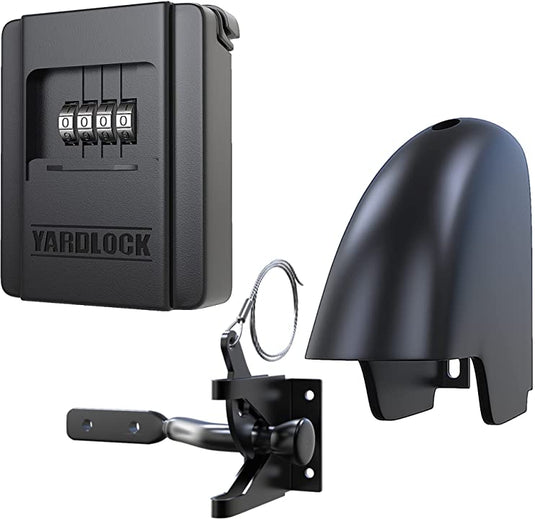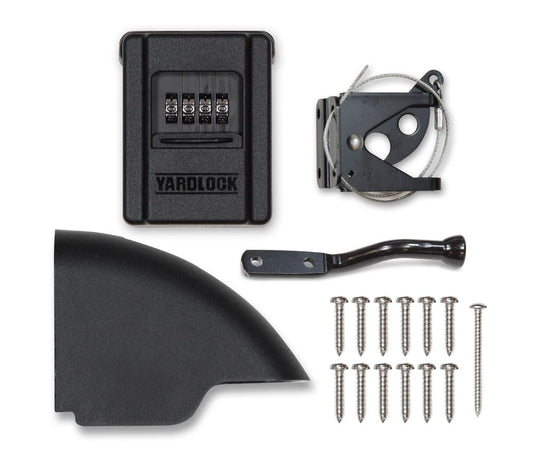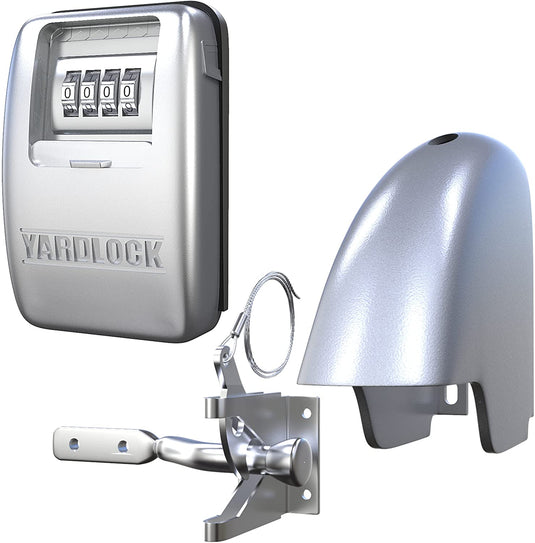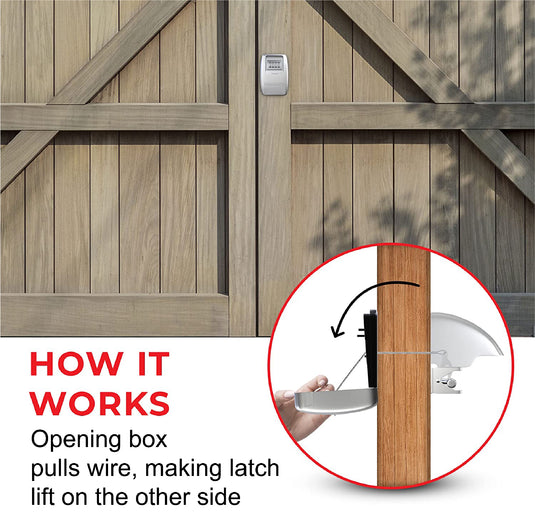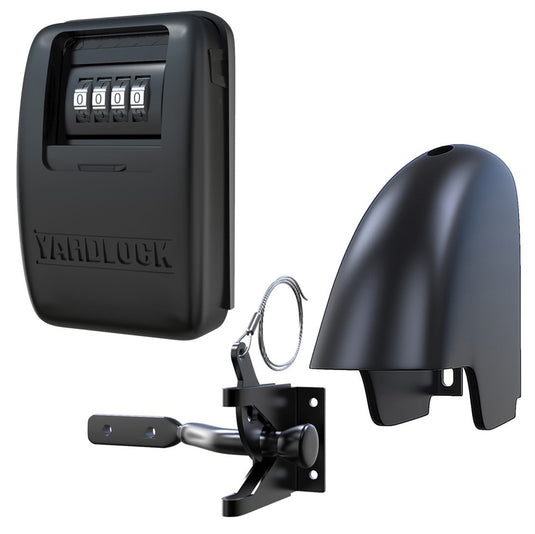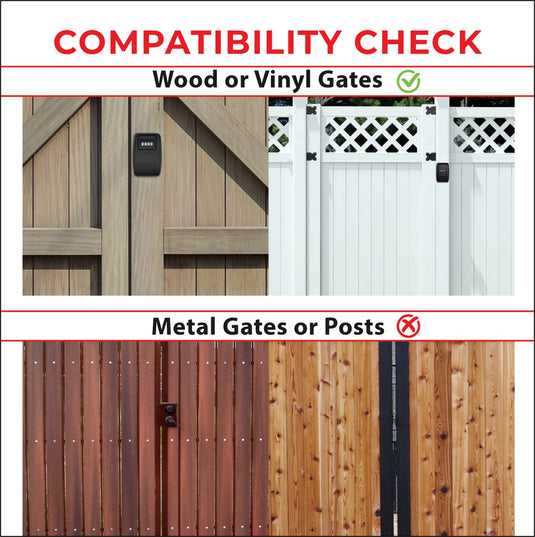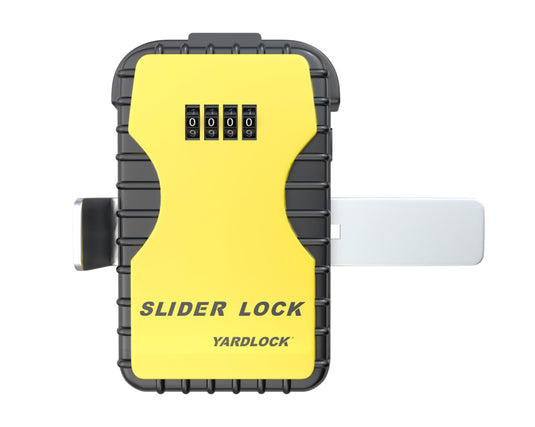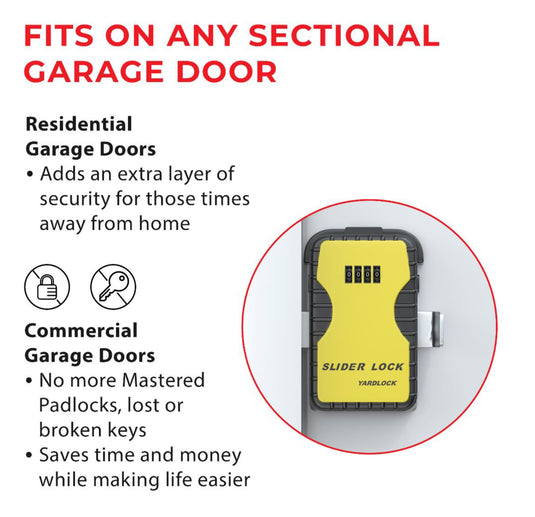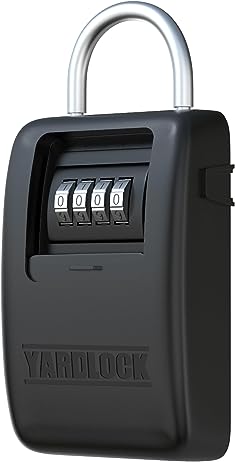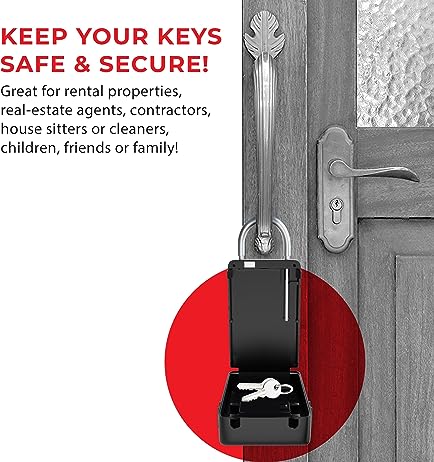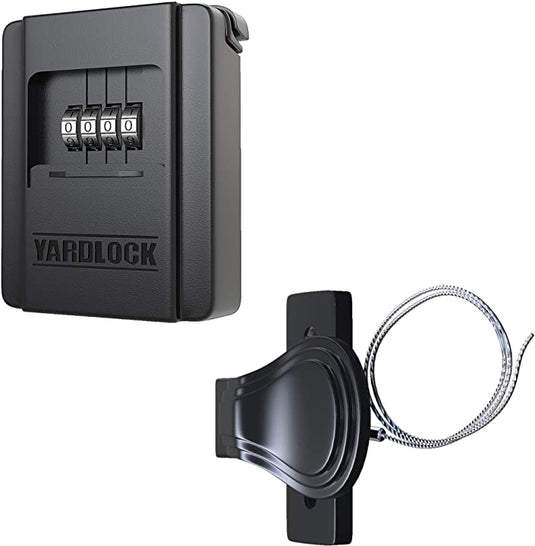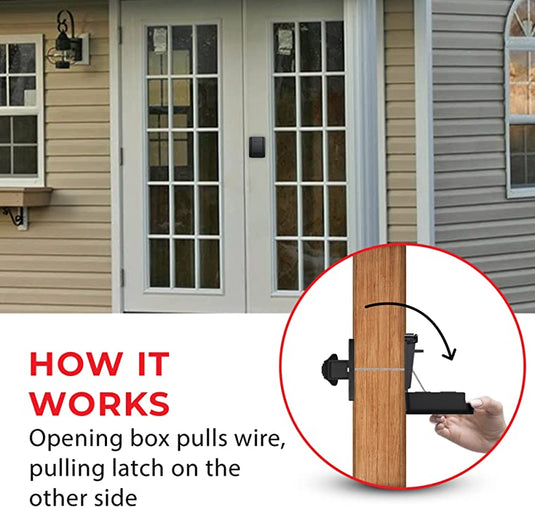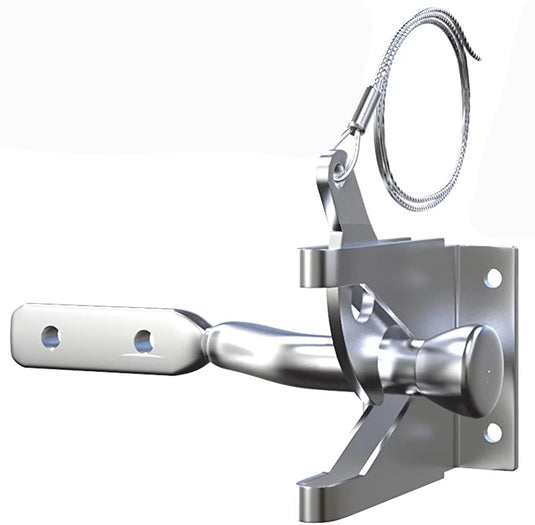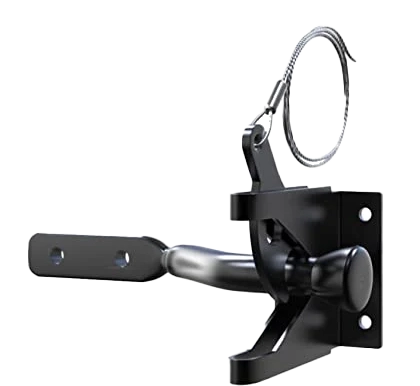Outdoor Theft Is On The Rise - Here Is How To Stop It
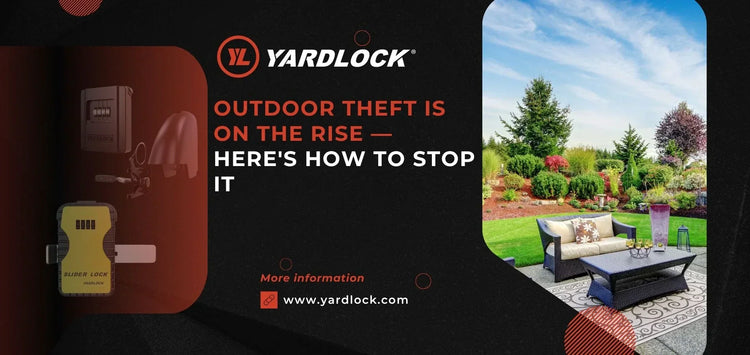
From expensive lawn equipment to bicycles, grills, and power tools, more and more homeowners are reporting thefts from their backyards, sheds, and garages. Outdoor theft is a growing concern — especially in suburban and rural areas where side gates, rear fences, and detached storage structures offer easy targets for opportunistic thieves.
This guide will walk you through the latest threats, vulnerable access points, and practical steps to deter outdoor theft before it happens.
Why Outdoor Theft Is Increasing
Several trends have made yards and outbuildings more vulnerable:
-
More people investing in outdoor upgrades: Furniture, fire pits, tools, and equipment are all high-value targets.
-
Remote work: Homes are often unoccupied for parts of the day while residents work off-site.
-
Unsecured outdoor access: Many side gates, sheds, and garages are left unlocked or under-protected.
-
Second-hand markets: Thieves can resell equipment quickly through online marketplaces.
“Backyards are often less protected than the front of the house — and that’s exactly what criminals are counting on.”
Common Items Stolen from Backyards
| Item Category | Examples |
|---|---|
| Power tools | Leaf blowers, chainsaws, drills |
| Lawn & garden gear | Mowers, trimmers, wheelbarrows |
| Bicycles | Kids' bikes, mountain bikes |
| Patio furniture | Tables, chairs, umbrellas |
| Grills & appliances | Gas grills, smokers, propane tanks |
| Outdoor electronics | Speakers, lights, cameras |
| Recreational items | Sports nets, skateboards, toys |
High-Risk Entry Points
Thieves typically gain access through:
-
Unlocked side or rear gates
-
Low or broken fence panels
-
Unsecured sheds or detached garages
-
Dark, unlit areas at night
-
Obstructed sight lines from the street
If you haven’t reviewed your yard’s vulnerability in the last 6 months, now’s the time.
Actionable Ways to Prevent Outdoor Theft
You don’t need a fortress — just consistent, layered protection. Here’s what works best:
1. Upgrade Gate Locks
-
Replace padlocks with combination locks designed for outdoor use
-
Choose tamper-resistant, rustproof options that auto-lock
-
Yardlock mechanical locks require no batteries and offer 10,000+ combinations
2. Lock Your Shed & Garage — Always
-
Use bolt locks or cable systems on shed doors
-
Avoid leaving tools or bikes in open carports
-
Install interior latch hardware if possible
3. Improve Lighting
-
Add motion-activated lights near:
-
Gates
-
Sheds
-
Sidewalk entrances
-
-
Solar-powered options are ideal for areas without electrical access
4. Use Cameras & Signage
-
Even dummy cameras and “Under Surveillance” signs reduce risk
-
For active systems, choose weatherproof, motion-triggered models
-
Place near gates and entry points — not just front doors
5. Anchor and Conceal High-Value Items
-
Use steel cables or lockboxes to anchor:
-
Grills
-
Generators
-
Bicycles
-
-
Cover valuables with weatherproof tarps or store them out of sight
Proactive Habits Make a Difference
-
Always lock gates, even when you’re home
-
Store tools and toys at the end of each day
-
Don’t leave ladders or bins near fences (they aid access)
-
Get to know your neighbors and look out for each other’s homes
Consistent habits are more effective than a one-time upgrade. Security is a routine.

